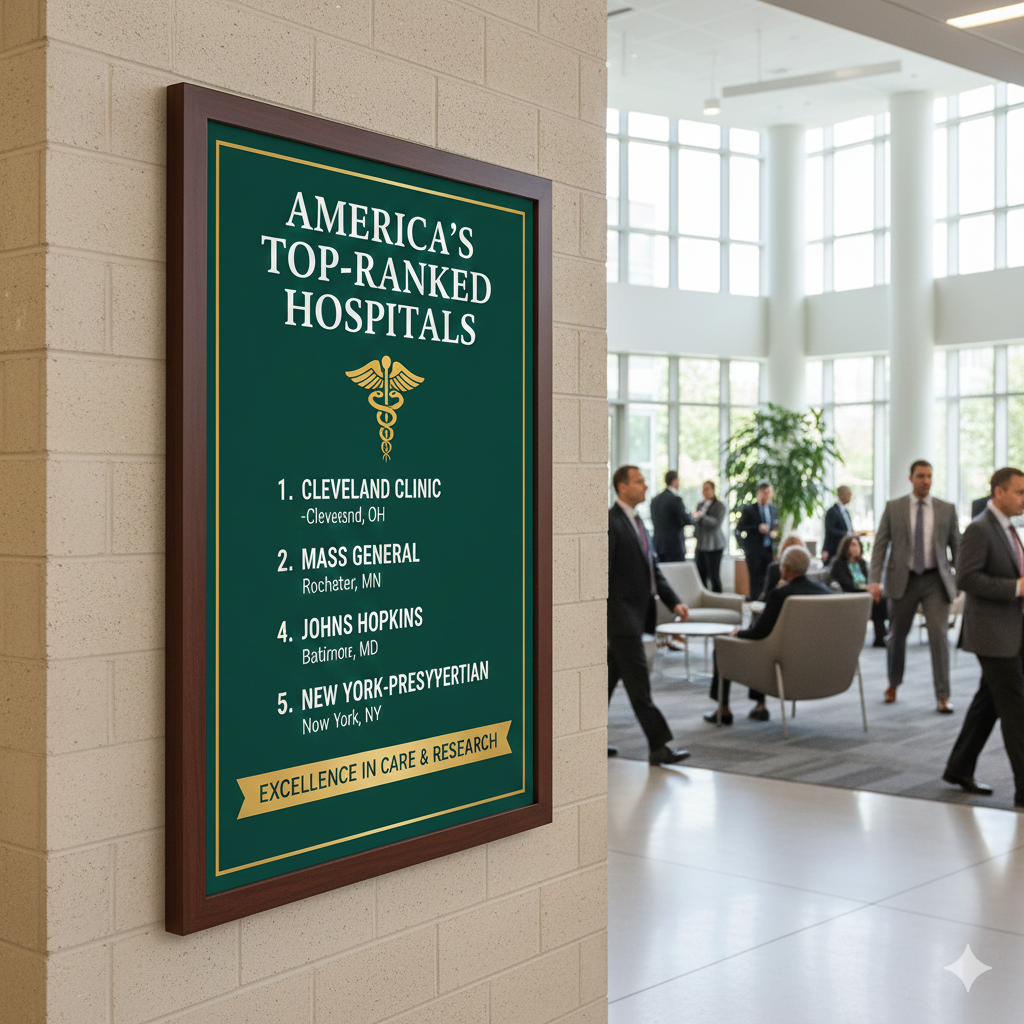Substance abuse and addiction have become a growing concern worldwide. For individuals struggling with alcohol, opioids, or other drugs, quitting on their own can be dangerous due to withdrawal symptoms. This is where hospital detox programs play a crucial role. A hospital detox provides a safe, medically supervised environment where patients can begin their recovery journey under the care of doctors, nurses, and addiction specialists.
In this article, we’ll discuss what hospital detox is, why it’s essential, how the process works, and the benefits it offers to patients.
What is Hospital Detox?
Hospital detoxification (detox) is the process of removing toxic substances—such as drugs or alcohol—from the body in a hospital or inpatient medical setting. Unlike home detox or outpatient programs, hospital detox ensures that patients are closely monitored by healthcare professionals throughout the withdrawal process.
This medical supervision is crucial because withdrawal symptoms can sometimes be severe or life-threatening. Hospital detox provides safety, comfort, and medical support during the first stage of addiction treatment.
Why is Hospital Detox Necessary?
Addiction affects both the body and the brain. When a person suddenly stops using addictive substances, the body reacts negatively, causing withdrawal symptoms such as:
Anxiety and depression
Nausea and vomiting
Sweating and shaking
High blood pressure and rapid heart rate
Seizures or hallucinations (in severe cases)
Without medical care, these withdrawal symptoms can become dangerous. Hospital detox ensures that patients are medically stabilized, withdrawal symptoms are managed, and the risk of relapse is reduced.
Who Needs Hospital Detox?
Hospital detox is especially recommended for individuals who:
Are addicted to alcohol, opioids, or benzodiazepines – Substances known for severe withdrawal risks.
Have co-occurring medical conditions – Such as heart disease, diabetes, or liver problems.
Experience severe withdrawal symptoms – Like seizures, confusion, or hallucinations.
Have a history of relapse – Where outpatient detox has failed.
Lack a safe home environment – Where they may be exposed to triggers or have easy access to substances.
The Hospital Detox Process
1. Assessment and Evaluation
Upon admission, the medical team conducts a full physical and psychological evaluation. They review the patient’s medical history, addiction history, and current health condition.
2. Stabilization
Patients are given medications, fluids, and proper nutrition to stabilize their condition. Withdrawal symptoms are carefully managed to reduce discomfort and risks.
3. Medical Monitoring
During detox, patients are continuously monitored for changes in blood pressure, heart rate, and mental status. If complications arise, doctors can respond immediately.
4. Medication-Assisted Treatment (MAT)
For substances like opioids and alcohol, specific medications (such as methadone, buprenorphine, or benzodiazepines) are prescribed to ease withdrawal symptoms and cravings.
5. Transition to Rehabilitation
Detox is only the first step. After stabilization, patients are guided toward long-term addiction treatment, such as inpatient rehab, outpatient counseling, or therapy programs.
Benefits of Hospital Detox
1. Safety and Medical Supervision
The biggest benefit of hospital detox is the presence of medical staff 24/7, ensuring patients remain safe throughout the withdrawal process.
2. Reduced Withdrawal Discomfort
Medications and therapies help patients manage pain, anxiety, and other withdrawal effects more comfortably.
3. Lower Risk of Relapse
In a controlled hospital environment, patients are away from triggers and substances, reducing the chance of early relapse.
4. Holistic Care
Most hospital detox programs also provide psychological support, counseling, and family involvement to address both the physical and emotional aspects of addiction.
5. Smooth Transition to Recovery
Since detox is only the first stage, hospitals guide patients toward rehabilitation, ensuring continuity of care.
Hospital Detox vs. Outpatient Detox
Hospital Detox – Best for severe addictions, high-risk withdrawal, or patients with medical complications. Provides round-the-clock medical care.
Outpatient Detox – Suitable for mild addictions or patients with strong family support at home. Less costly but also less intensive.
For long-term success, hospital detox is often preferred because of its structured environment and higher safety standards.
Choosing the Right Hospital Detox Program
When selecting a hospital detox facility, consider the following factors:
Accreditation and licensing – Ensure the hospital meets national healthcare standards.
Experienced staff – Doctors, nurses, and addiction specialists should be well-trained.
Medication-assisted treatment availability – Especially for opioid or alcohol detox.
Aftercare programs – Rehab, counseling, and relapse prevention services.
Patient reviews and success rates – Check feedback and recovery statistics.
Conclusion
Hospital detox is a crucial first step for individuals battling addiction. By providing medical supervision, emotional support, and a safe environment, hospital detox ensures that patients begin their recovery journey on the right path. While detox alone is not a cure for addiction, it paves the way for long-term rehabilitation and sobriety.
For anyone struggling with substance abuse, choosing a hospital detox program can make the difference between relapse and lasting recovery.


















